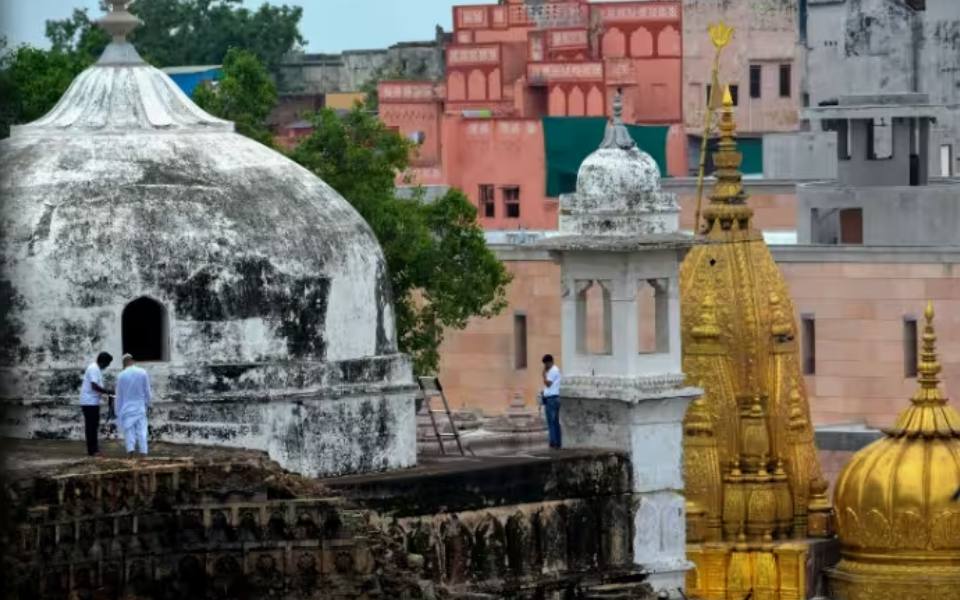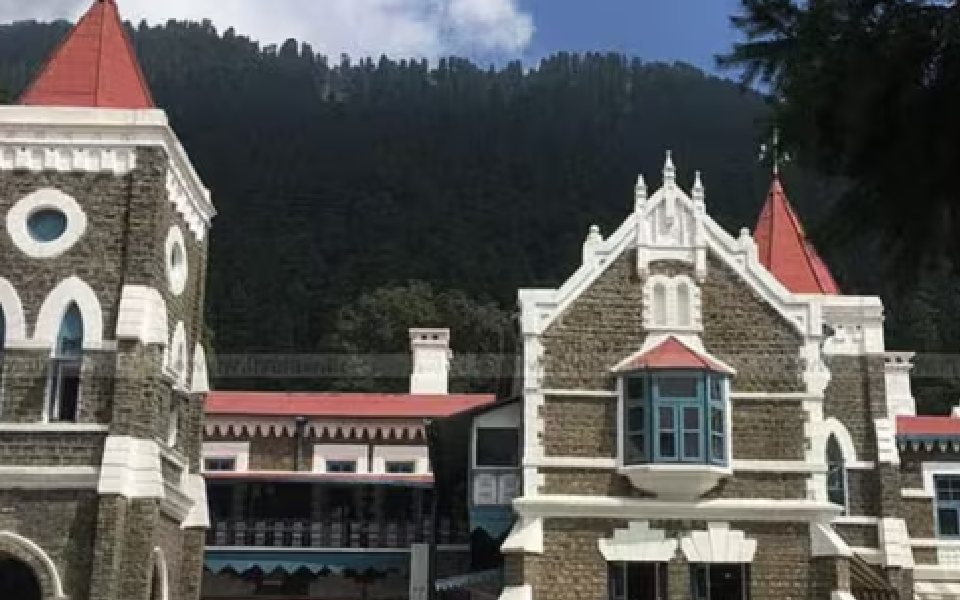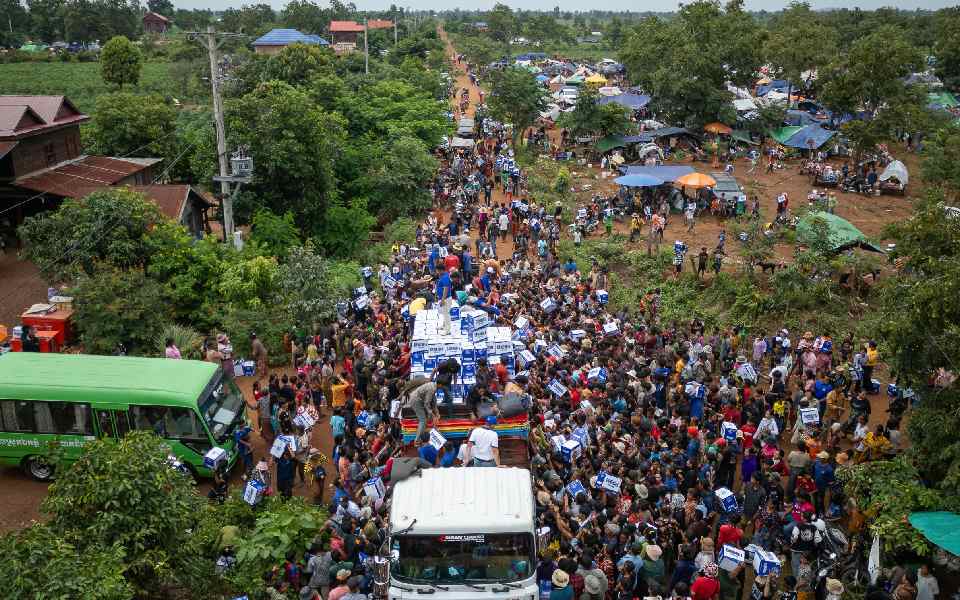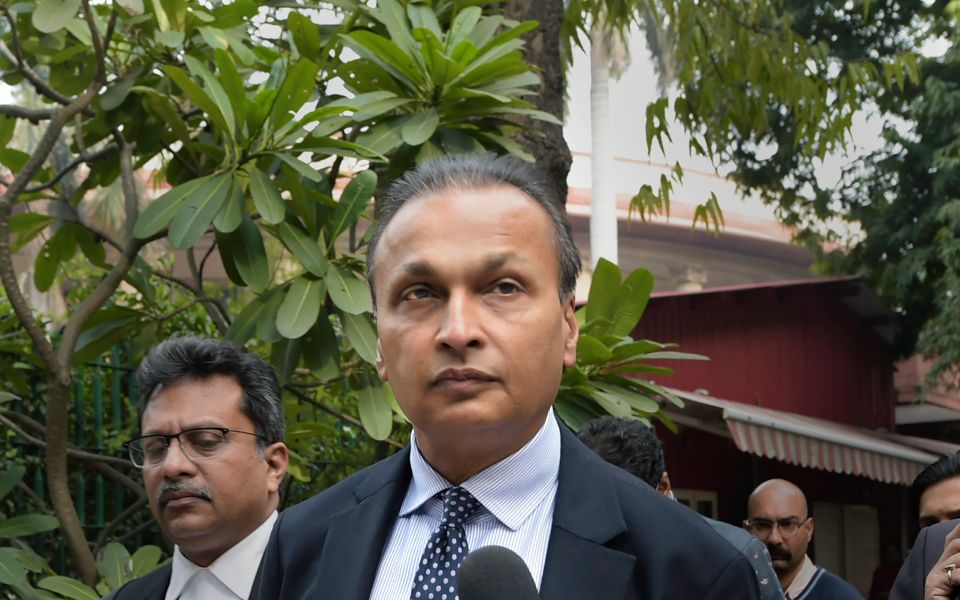Varanasi, Jan 24: A Varanasi court on Wednesday ruled that the ASI report on the Gyanvapi mosque complex survey will be given to both sides while making it clear that the report should not be made public, the counsel for the Hindu litigants said.
District Judge A K Vishvesh said both the Hindu and Muslim parties shall give an affidavit to keep the report with them and not make it public, said Madan Mohan Yadav, the counsel for Hindu side.
Following a July 21 order of the district court, the ASI carried out the scientific survey of the Gyanvapi premises, located next to the Kashi Vishwanath temple here, to determine whether the mosque was constructed over a pre-existing structure of a Hindu temple.
Yadav said the ASI submitted its survey report in the Fast Track Court of Justice Prashant Singh after which the matter came in the district judge court who ordered to provide hard copies of the report to the parties.
On Wednesday, the Muslim side pleaded in the district court that the survey report should be with the parties and not be made public.
On this, the court said while acquiring that report, the parties shall give an affidavit to keep the report with them and not make it public.
The survey was ordered by the court after the Hindu petitioners claimed the 17th-century mosque was constructed over a pre-existing temple.
The ASI had submitted its survey report to the district court in a sealed cover on December 18.
The ASI had on January 3 urged the court not to make its Gyanvapi complex survey report public for at least four more weeks, citing the December 19 judgment of the Allahabad High Court.
ASI counsel Amit Shrivastava had told the district court that the high court had said in its order that, if necessary, the Civil Judge Senior Division Fast Track Court can order a survey of the Gyanvapi complex once again.
Therefore, if the survey report comes into the public domain now, a situation of contradiction may arise. Therefore, four weeks should be given to open the survey report and make it available to the parties, the counsel had said.
The high court had on December 19 dismissed several pleas from the Muslim side challenging the maintainability of a suit seeking restoration of a temple where the Gyanvapi mosque now stands in Varanasi.
Let the Truth be known. If you read VB and like VB, please be a VB Supporter and Help us deliver the Truth to one and all.
Nainital, Jul 26 (PTI): The Uttarakhand High Court has asked two top officials of the state to find out whether an officer who has no knowledge of English can effectively control an executive position after an additional district magistrate responded in Hindi during the hearing of a PIL.
When the division bench of Chief Justice Guhanathan Narendar and Justice Alok Mahra asked why he chose Hindi instead of English, the official said while he could understand the language he was unable to speak it fluently.
At this, the bench asked the State Election Commissioner and the Chief Secretary to find out whether an officer of ADM (Additional District Magistrate) level, who has no knowledge of English, can effectively control an executive position.
The ADM concerned is also the electoral registration officer of Nainital.
The high court asked the state election commissioner and the Chief Secretary to appear before it via video conferencing at the next hearing of the PIL on July 28 to respond to the query.
The situation arose during the hearing of the PIL questioning the inclusion of names of outsiders in the voter list for panchayat elections in Budhlakot gram sabha of Nainital district.
Taking a strict stance on the issue, the high court questioned the State Election Commission on the criteria used for the inclusion of such individuals in the voter list.
The court asked on what basis these individuals were identified as residents of the area.
The election officer, who appeared personally before the court, informed that the names were identified based on the family register.
However, the court observed that under the Panchayati Raj Act, birth and death certificates are considered more important documents than the family register.
So far, more than 25 petitions challenging various issues related to the panchayat elections have been filed. Notably, Akash Bora, a resident of Budhlakot, filed the PIL stating that 82 names in the village's voter list belonged to people from outside the area, most of whom are from the state of Odisha and other places.
When he complained to the SDM, a fact-finding committee was constituted, which found that 18 individuals listed were indeed outsiders.
However, even after the final voter list was released, the names of these 18 individuals were not removed.
After filing the PIL, the petitioner also submitted a list of 30 more such individuals to the court.
However, despite repeated complaints, no action has been taken, the PIL said.
The list includes names of outsiders from places such as Haldwani, Nainital, Odisha, Delhi and Haridwar.





